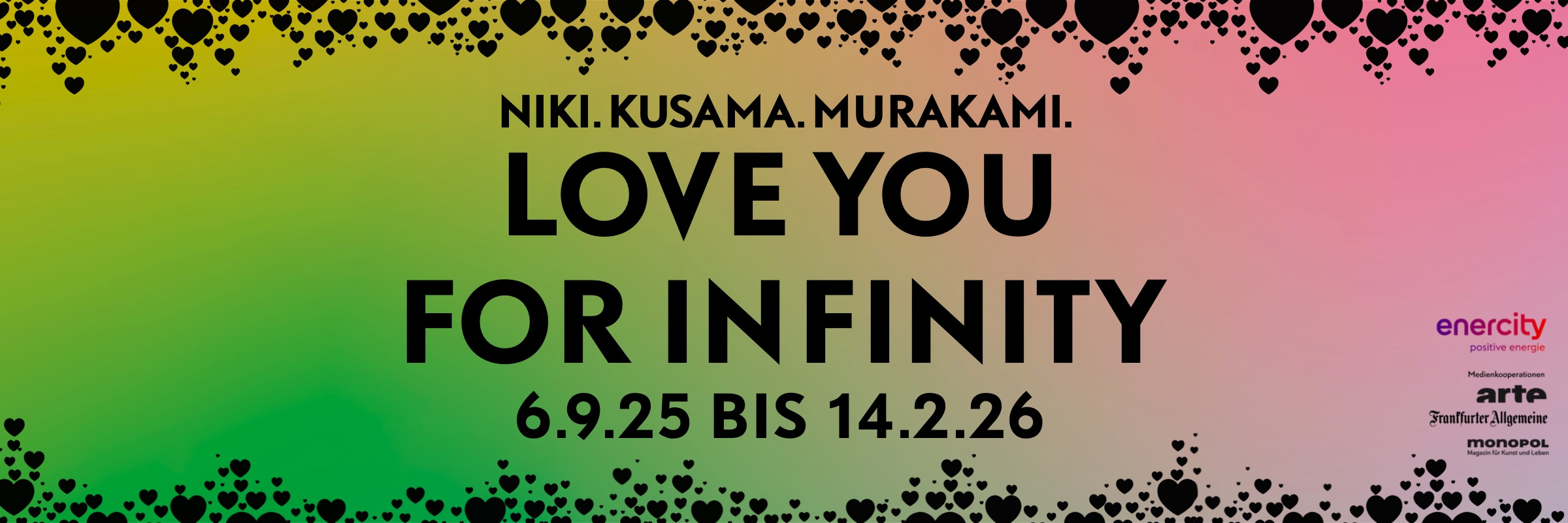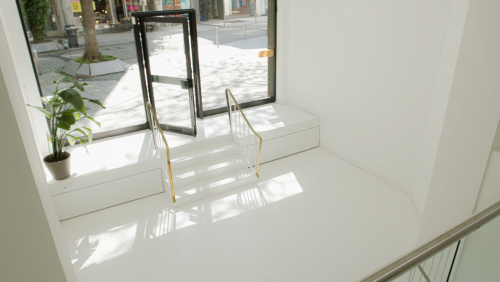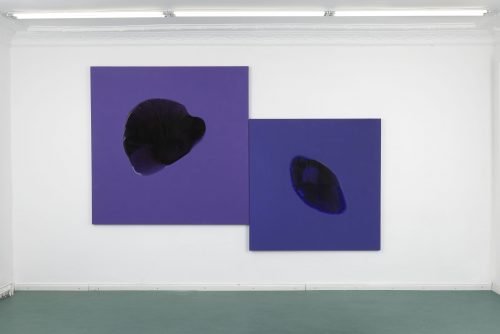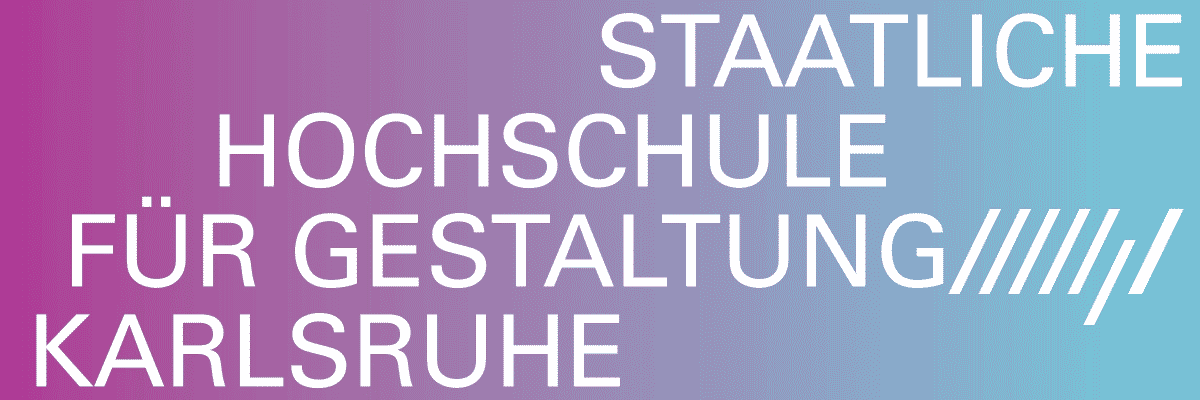
Group Show
green belt @ Jargon Projects
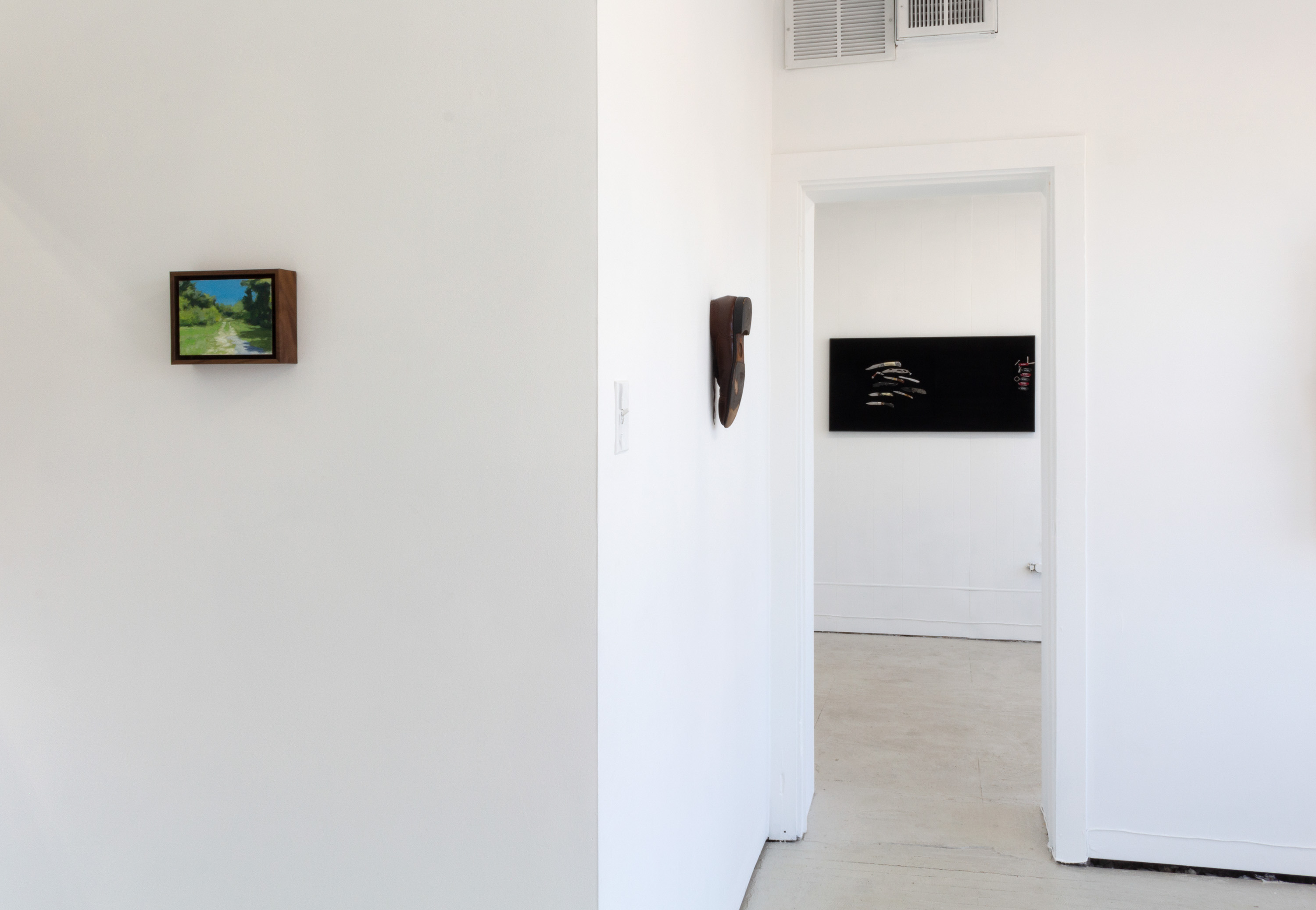
Installation View
Advertisement
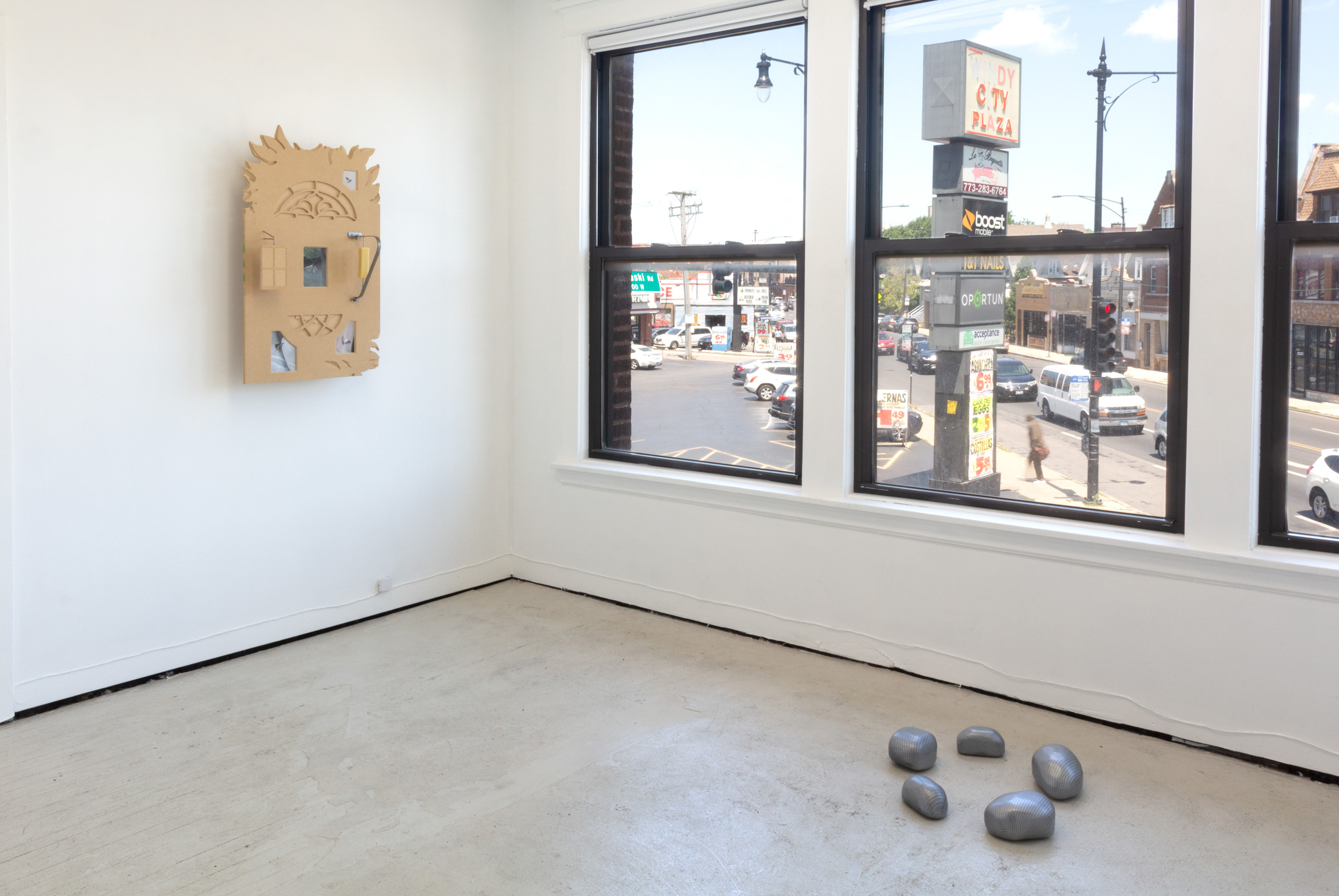
Installation View
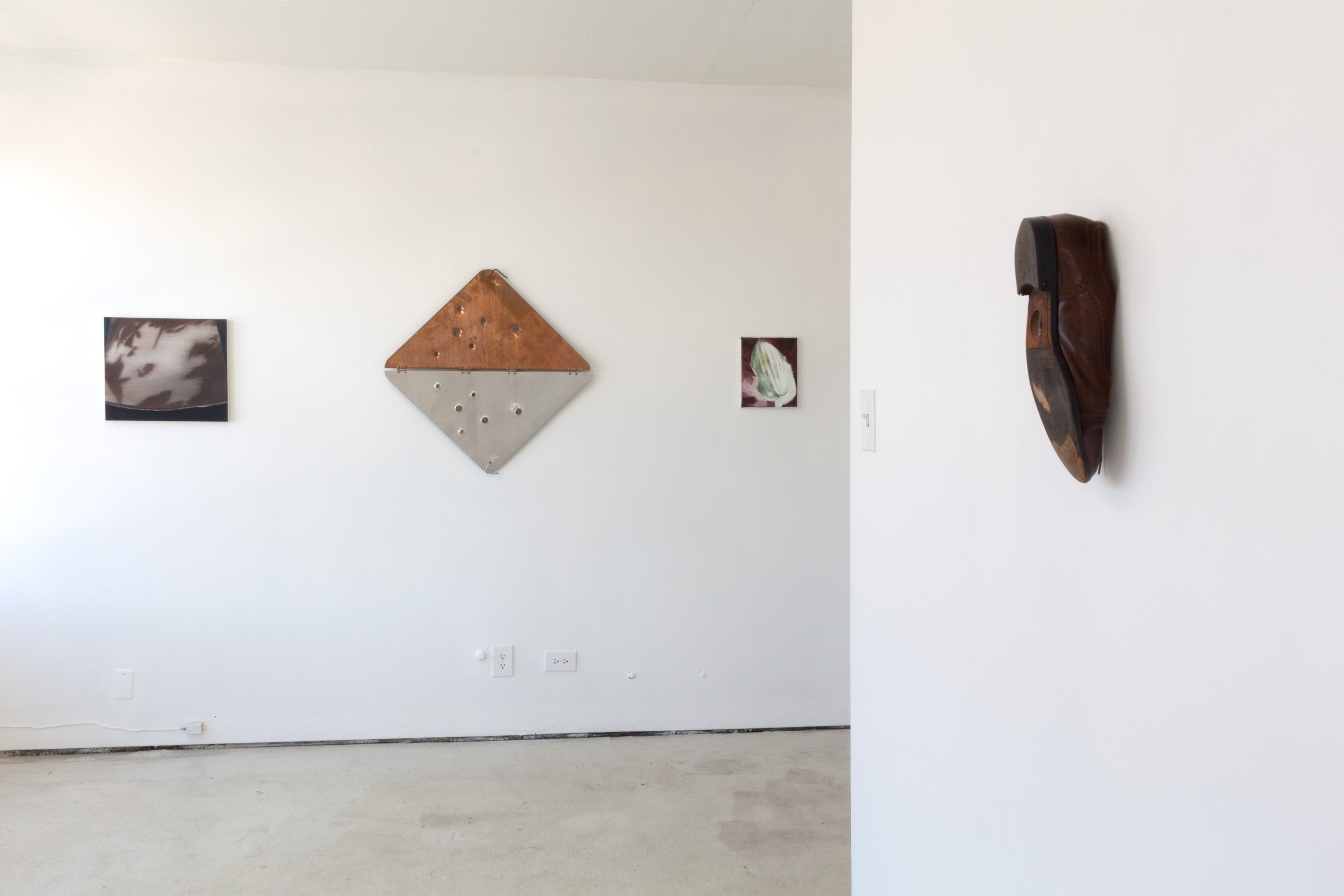
Installation View
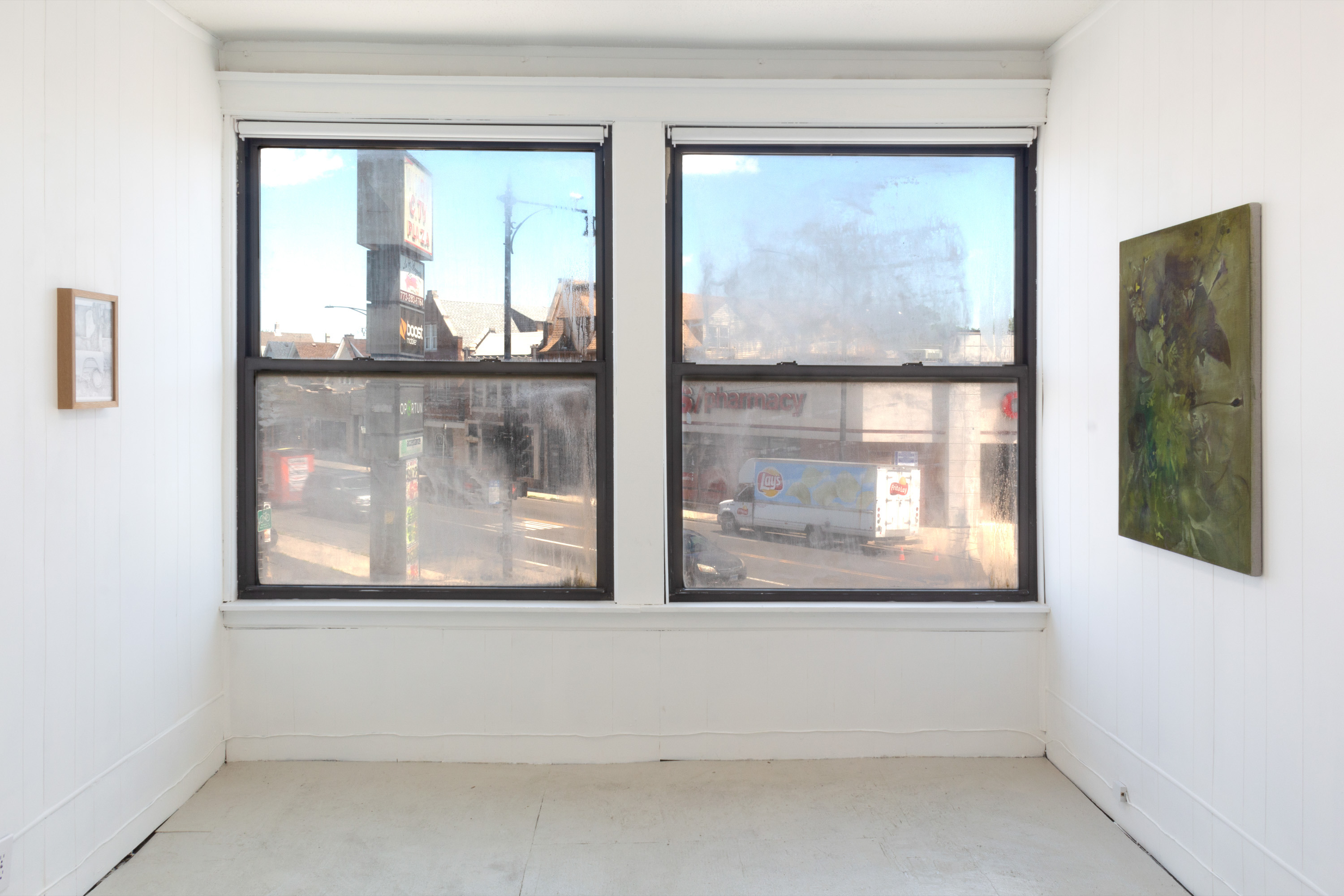
Installation View
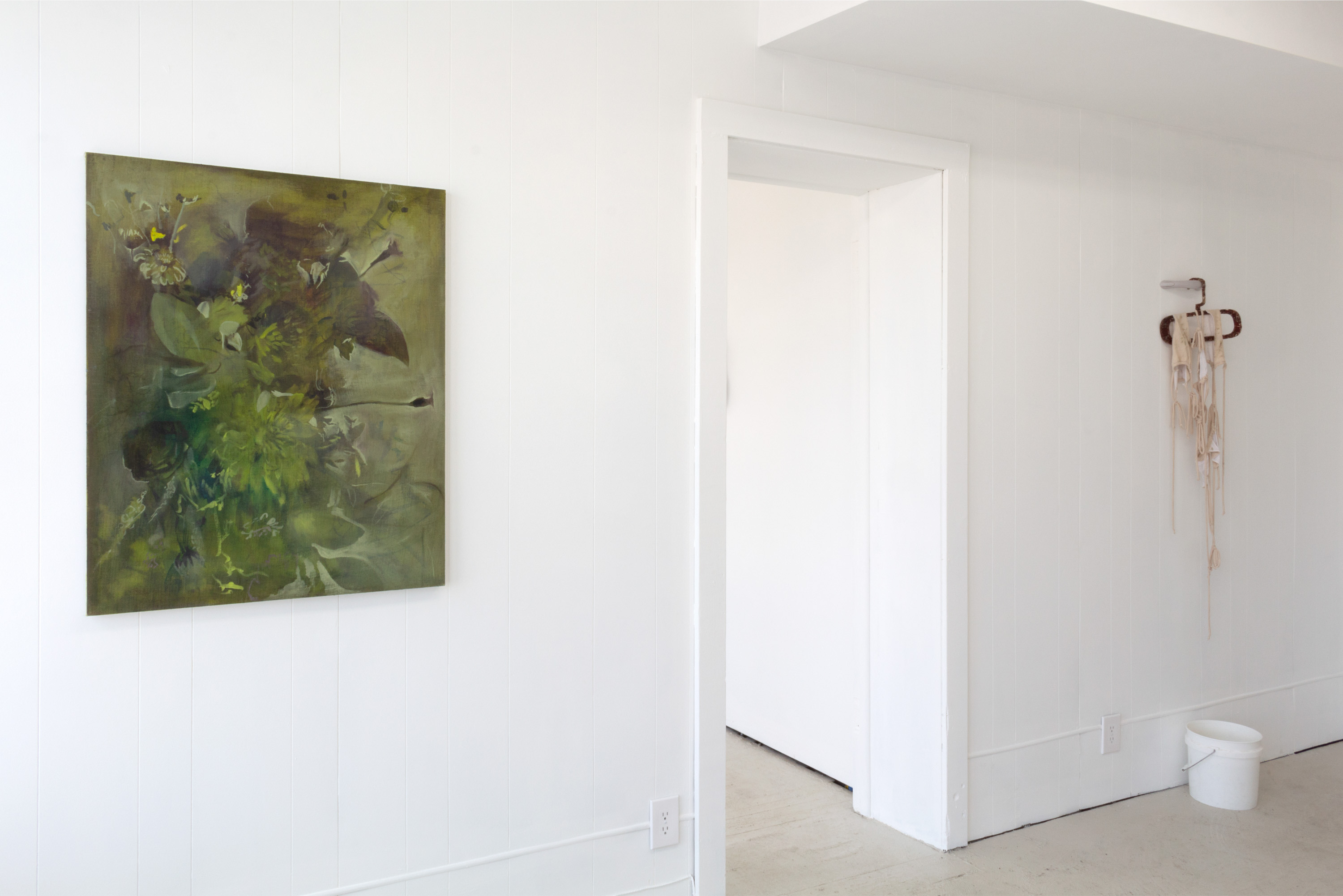
Installation View
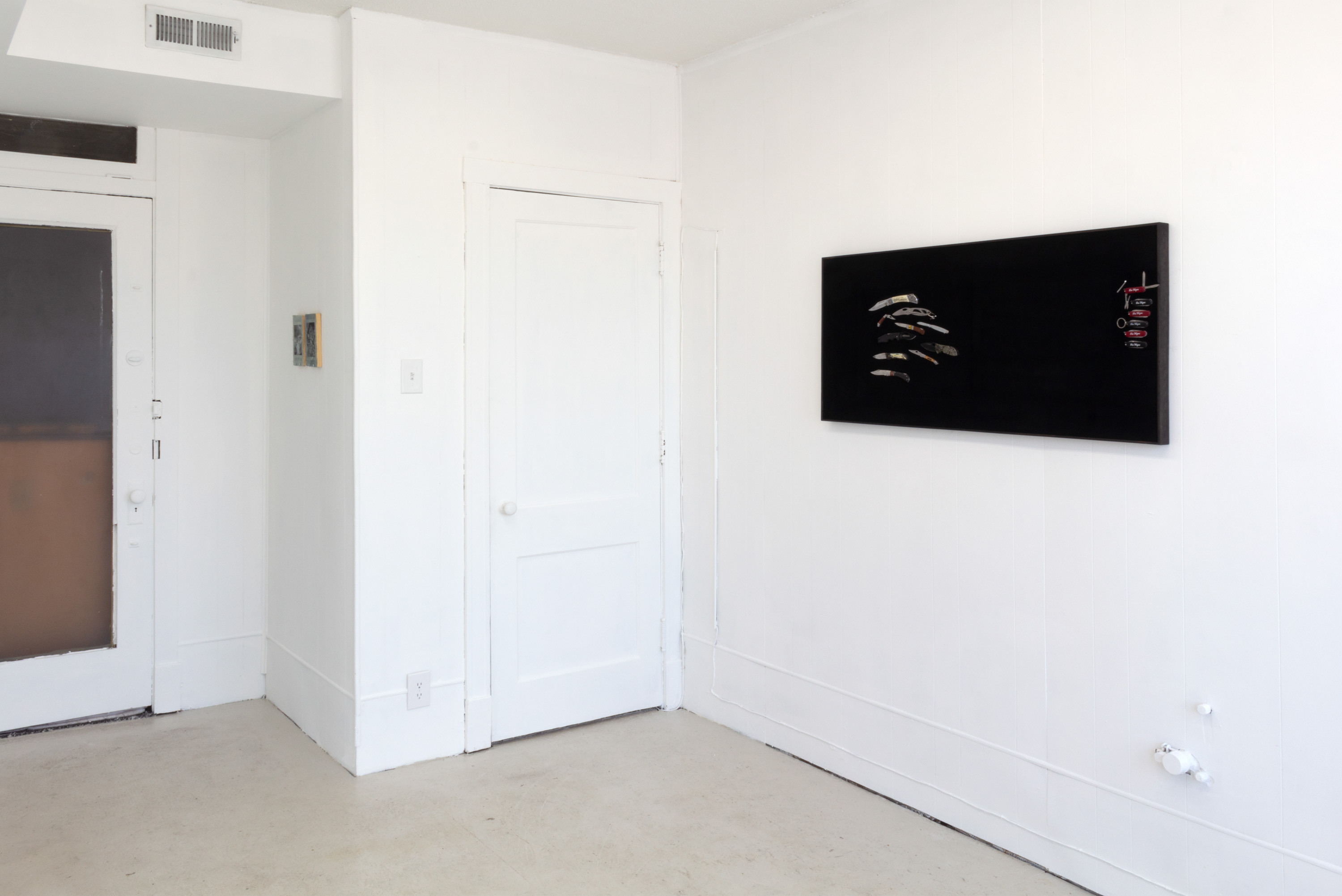
Installation View
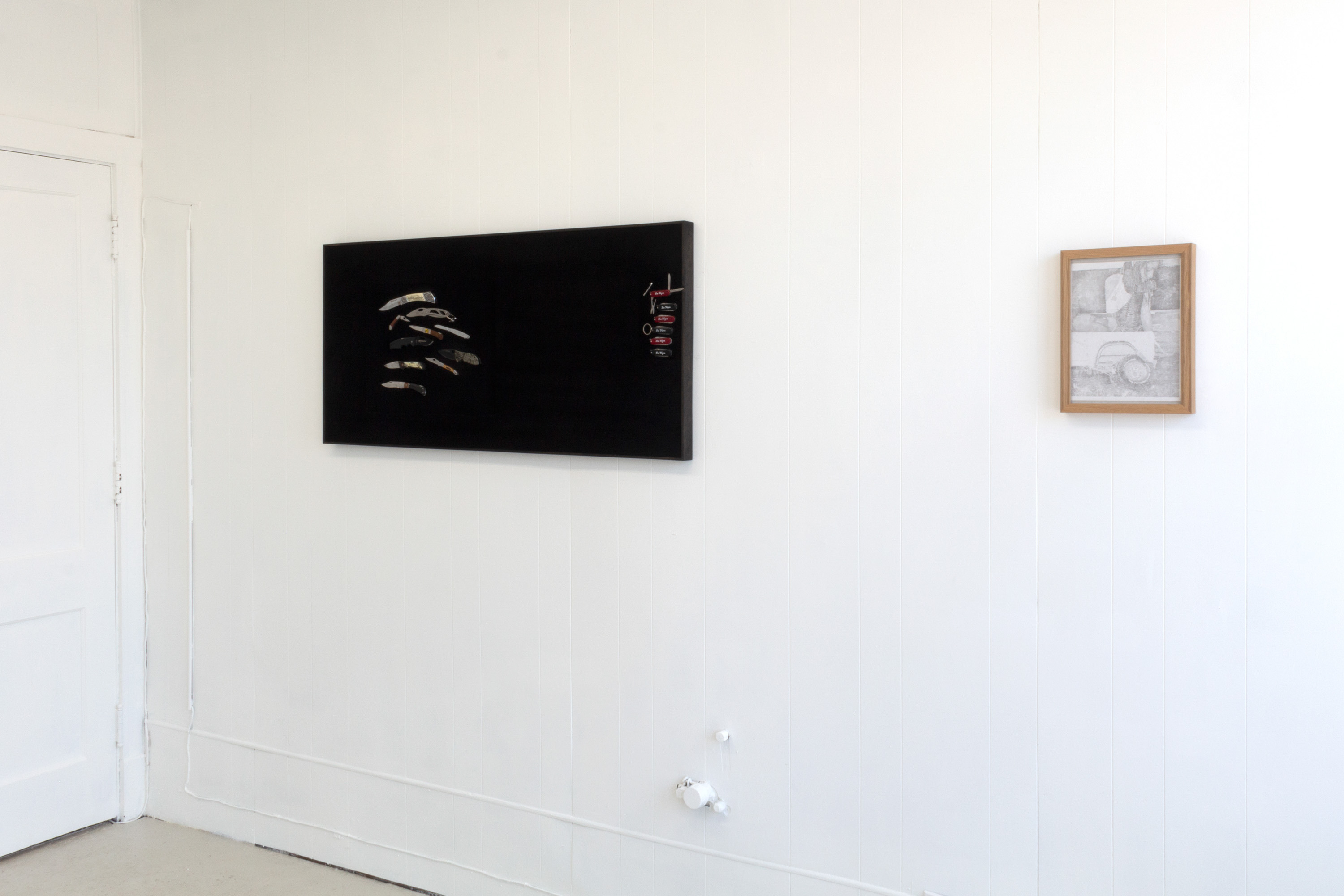
Installation View
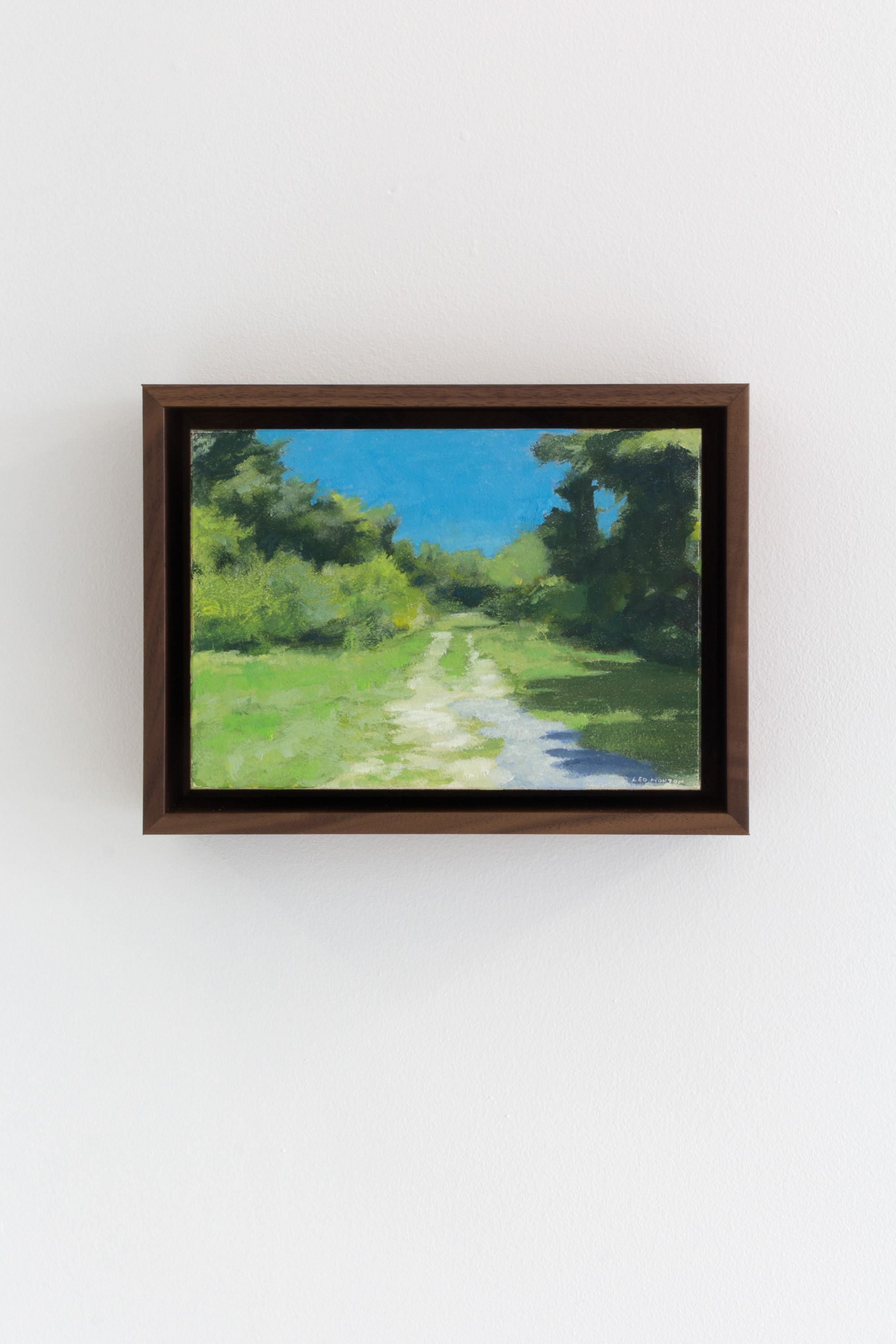
Leo Horton, Vacant Lot, 2022 Oil on canvas, wooden frame, 7 x 5 in (8.5 x 6.5 x 2.25 in framed)
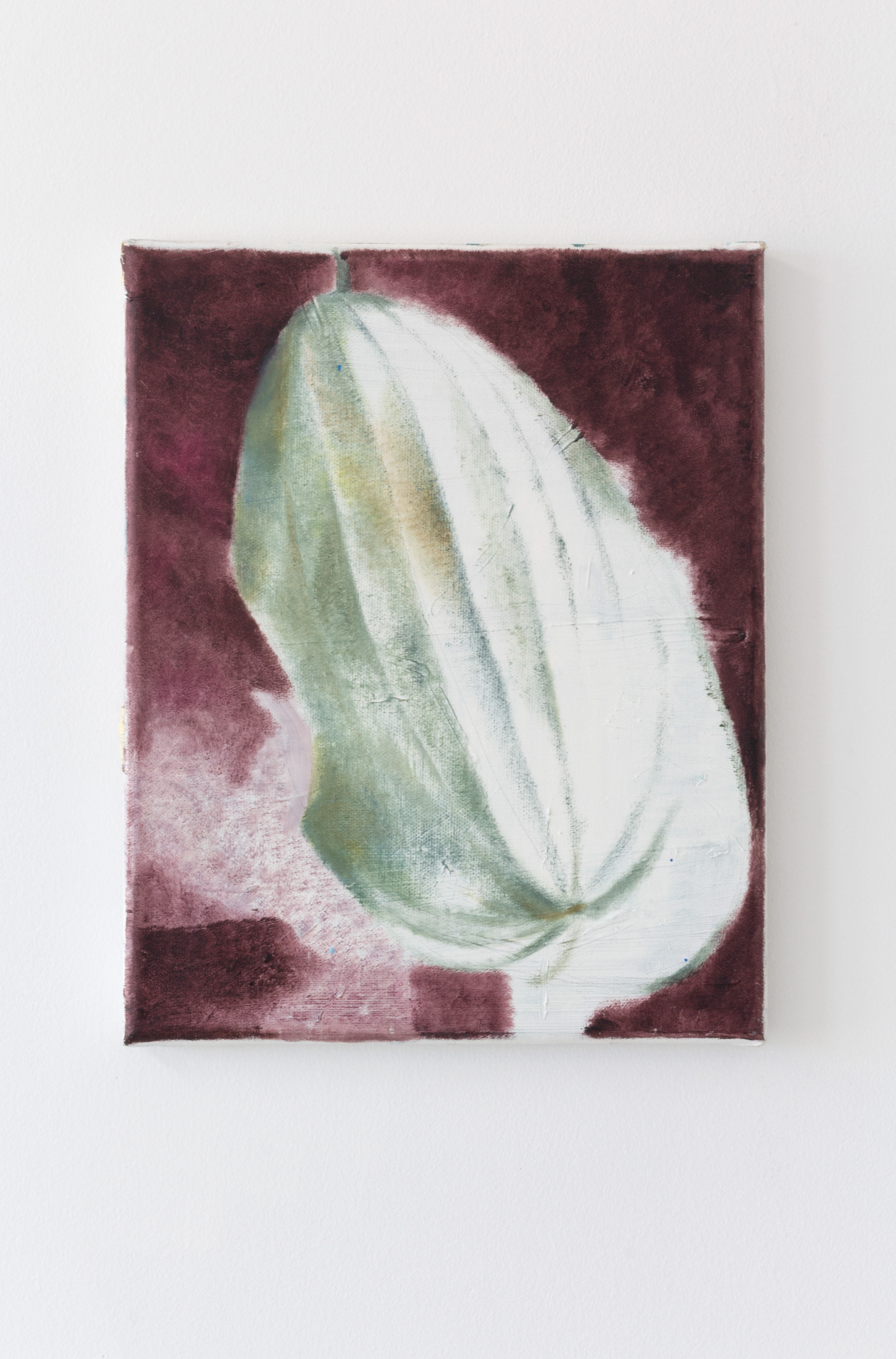
Shiwen Wang, Untitled, 2021, Oil on canvas, 9.5 x 12 in
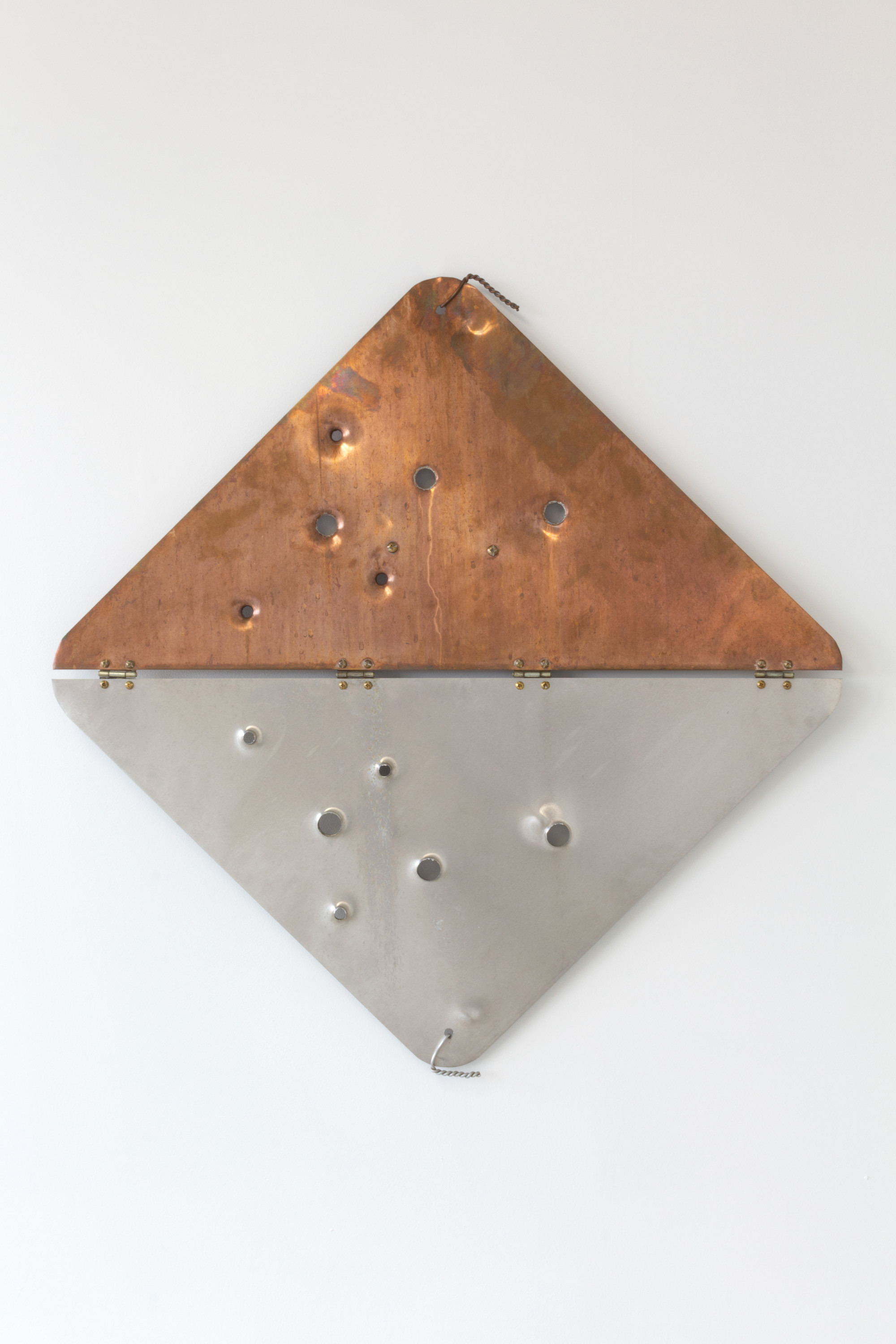
Ryan Kitson, Diamond One, 2022, Copper, aluminum, and brass, 32 x 33 in
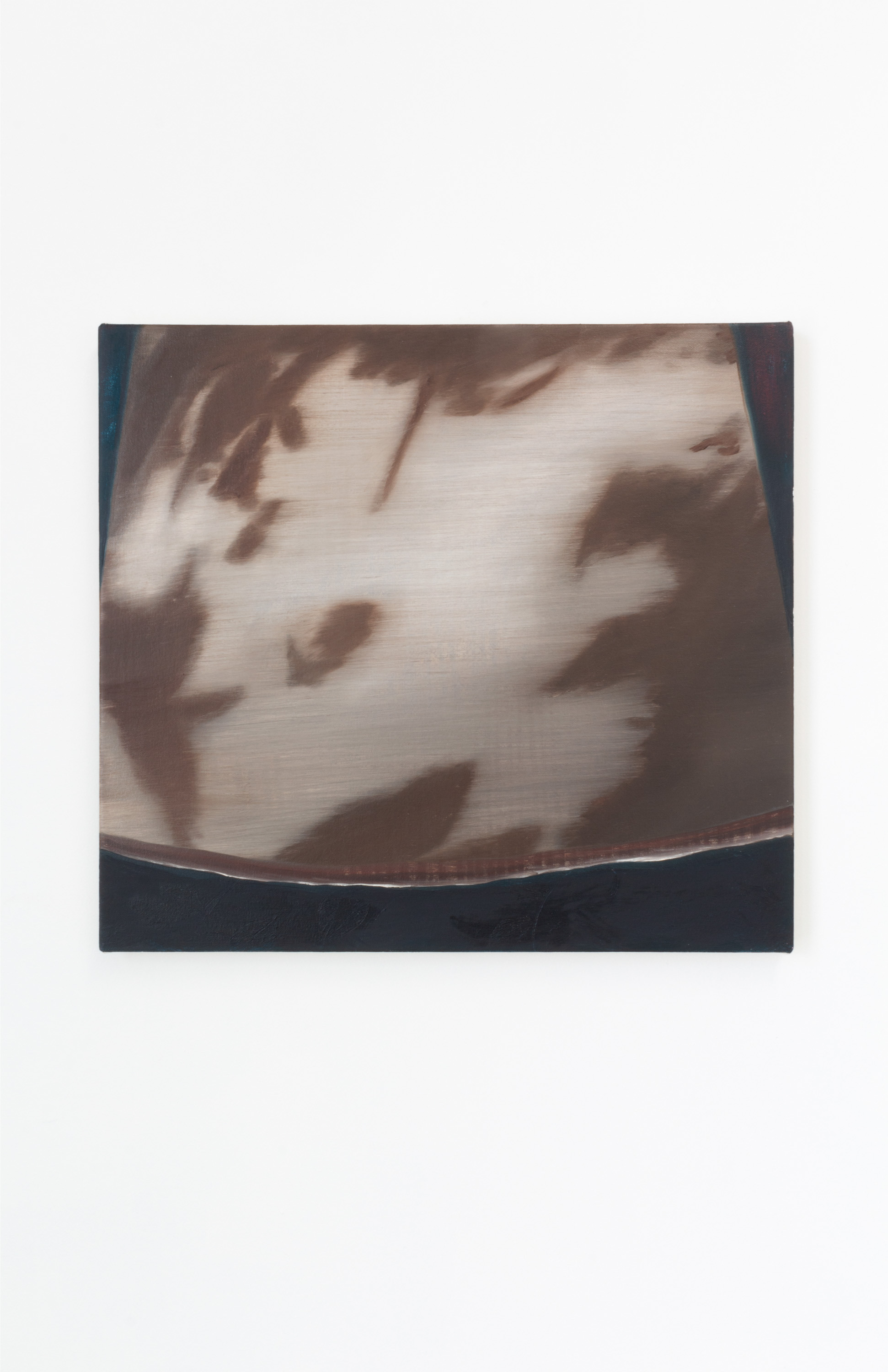
Michael Thompson, Bridle Hung Leaves Spots Made Brown, 2022, Oil on canvas, 18 x 16 in
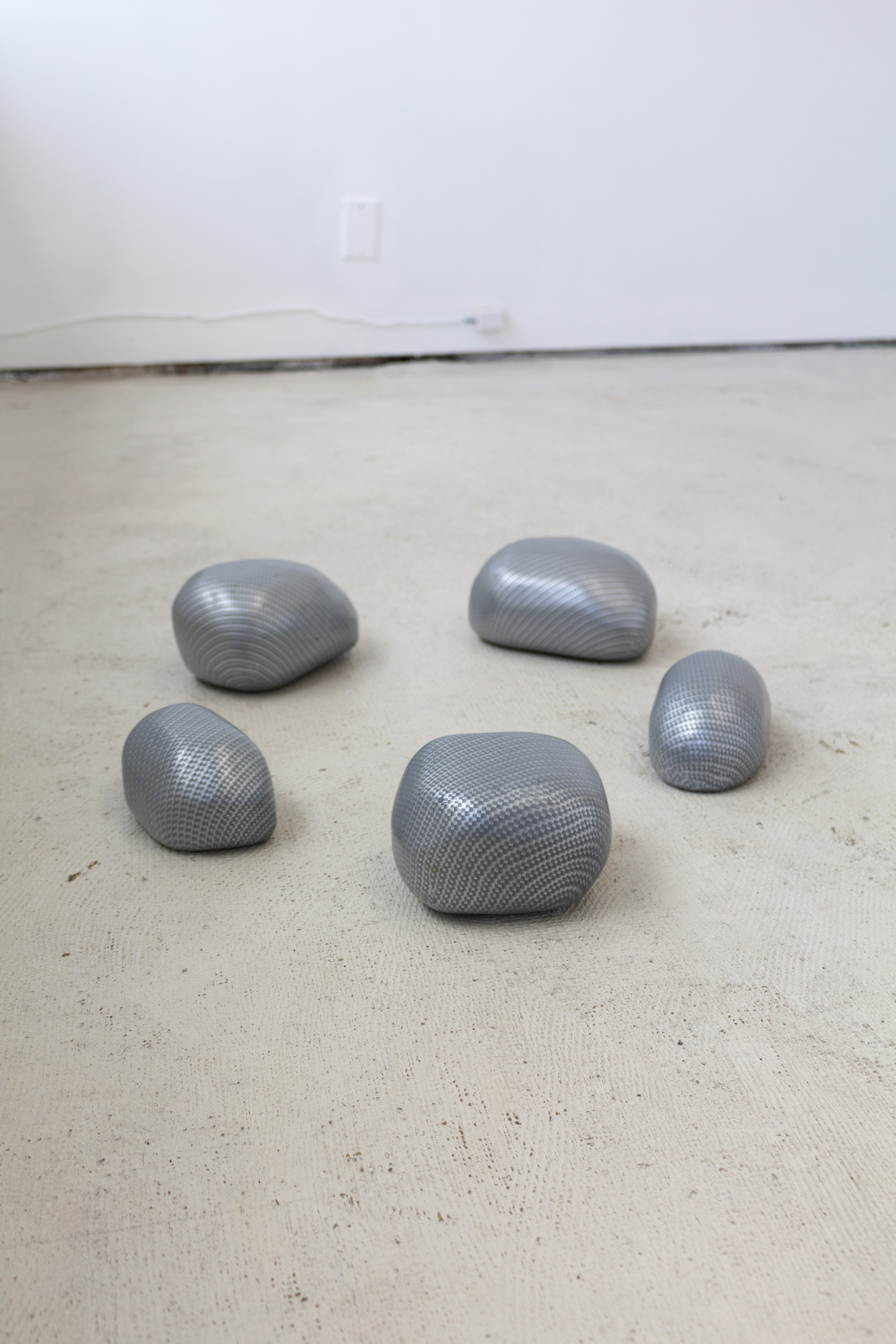
Wallace Dibble, campfire (inside), 2019, Hydro-transferred enamel on hand carved birch, Dimensions variable
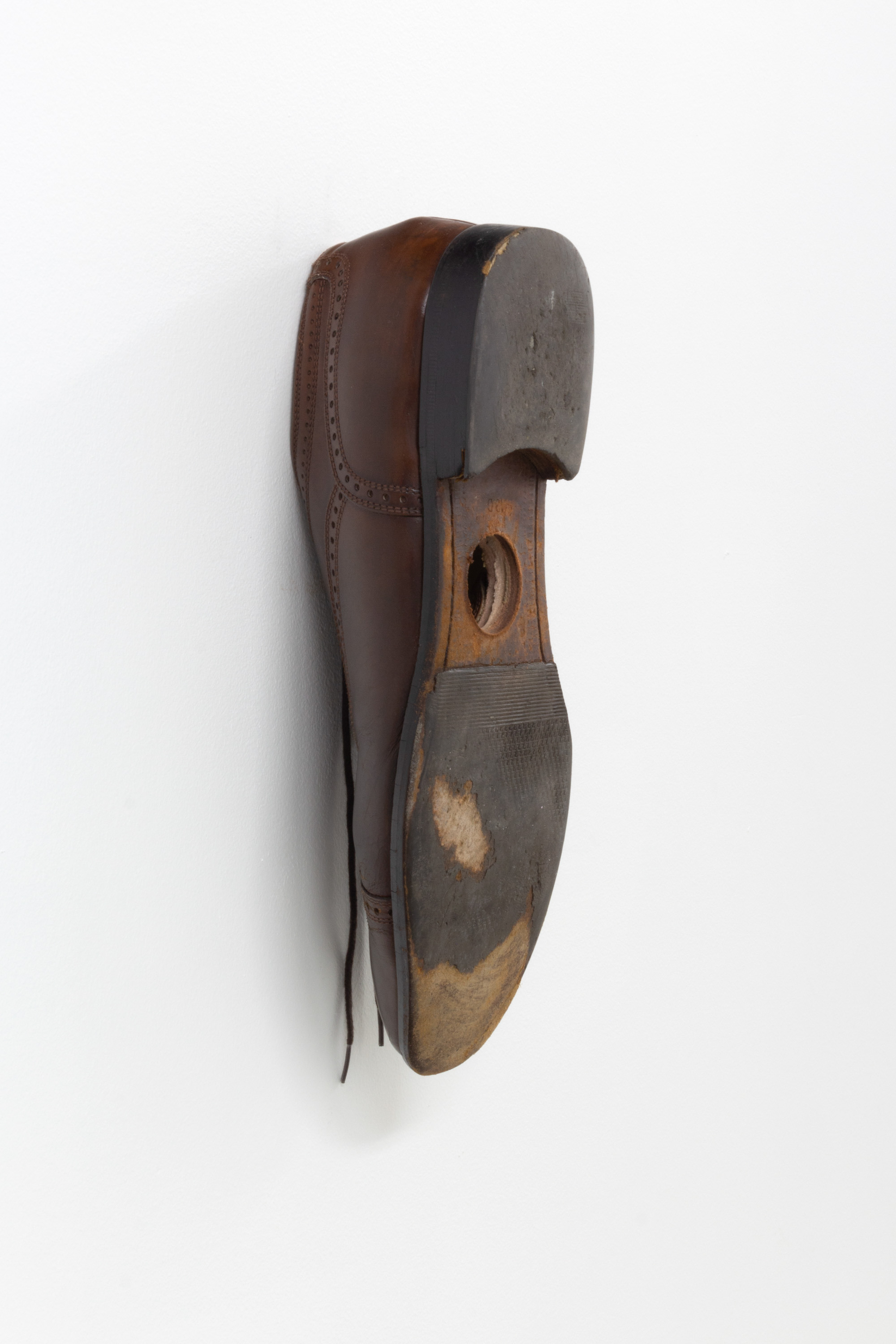
Bea Fremderman, Birdhouse, 2022, Men's dress shoe, 12.75 x 4.5 x 5 in
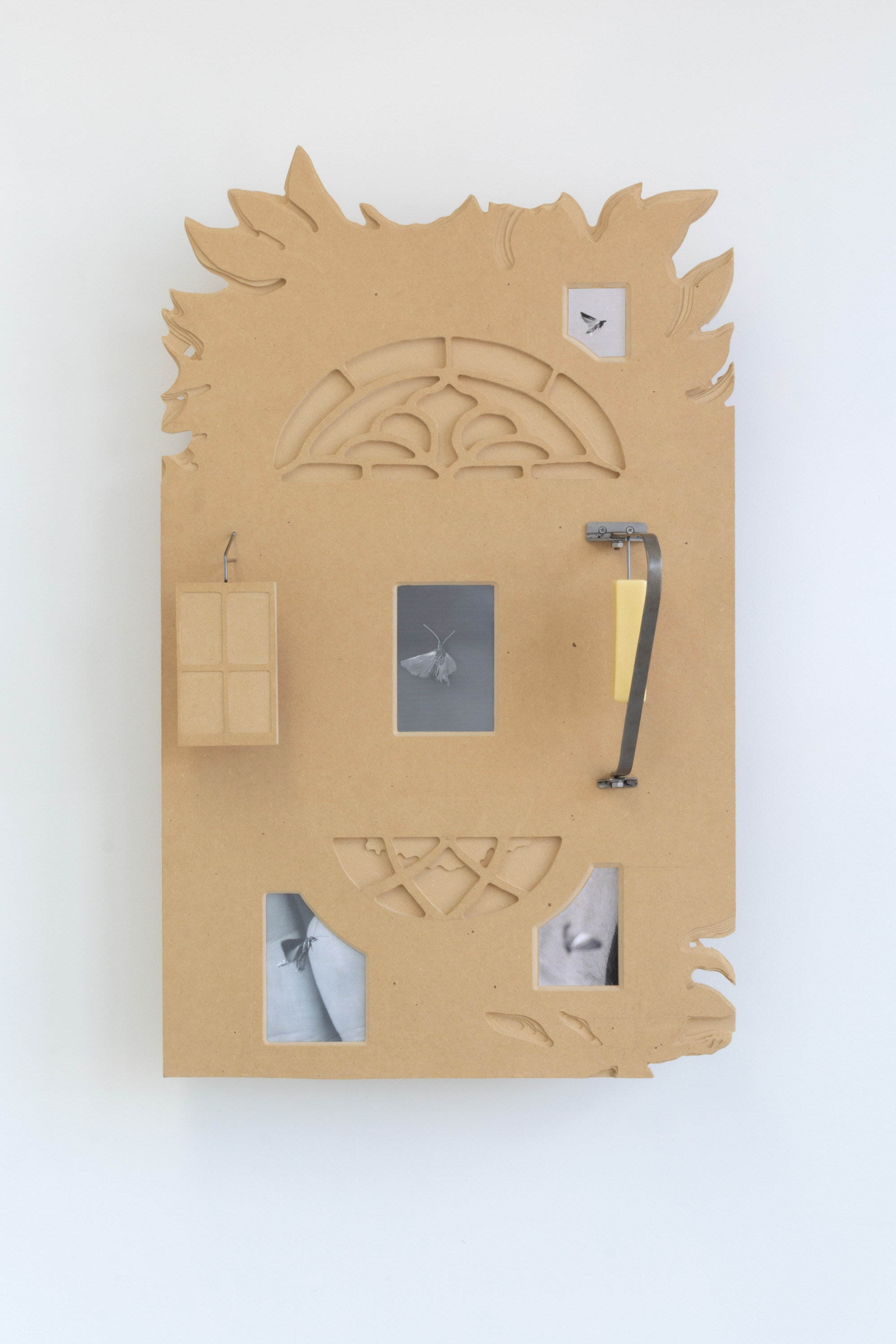
Bradley Marshall, An Imperfect Offering, A Windowless Room (Skeeeedaddle!), 2021, Hand-cut MDF, inkjet print, steel, wax, tin can, pencil with lead replaced with steel, hardware, and adhesives, 26 x 36.5 x 8 in
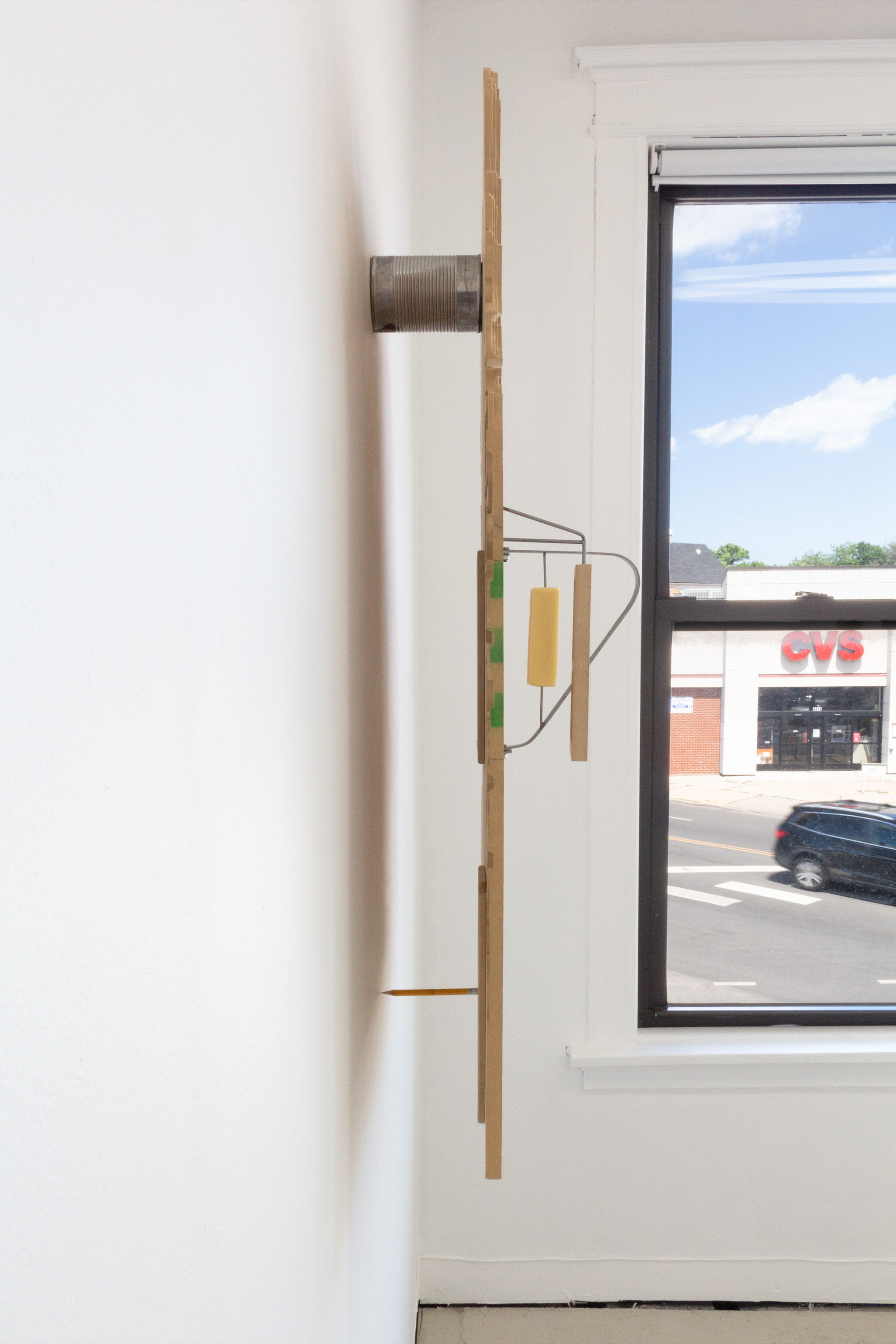
Bradley Marshall, An Imperfect Offering, A Windowless Room (Skeeeedaddle!), 2021, Hand-cut MDF, inkjet print, steel, wax, tin can, pencil with lead replaced with steel, hardware, and adhesives, 26 x 36.5 x 8 in
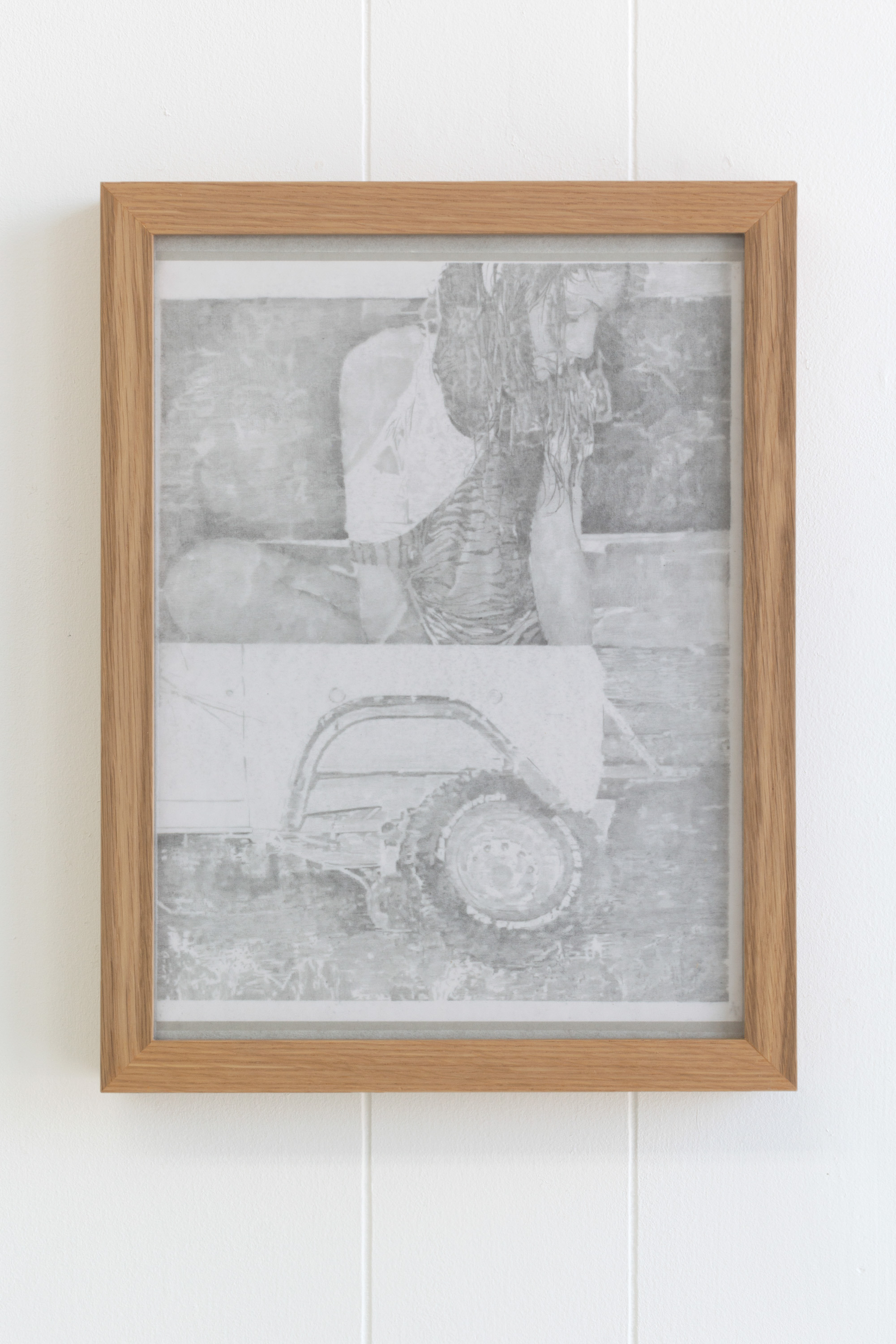
Jamieson Pearl, And now the road smells like a flock drowned in diesel fuel, 2022, Graphite on tracing paper on printer paper on drawing paper, white oak frame, 9 x 12 in (10.5 x 13.5 x 1.5 in framed)
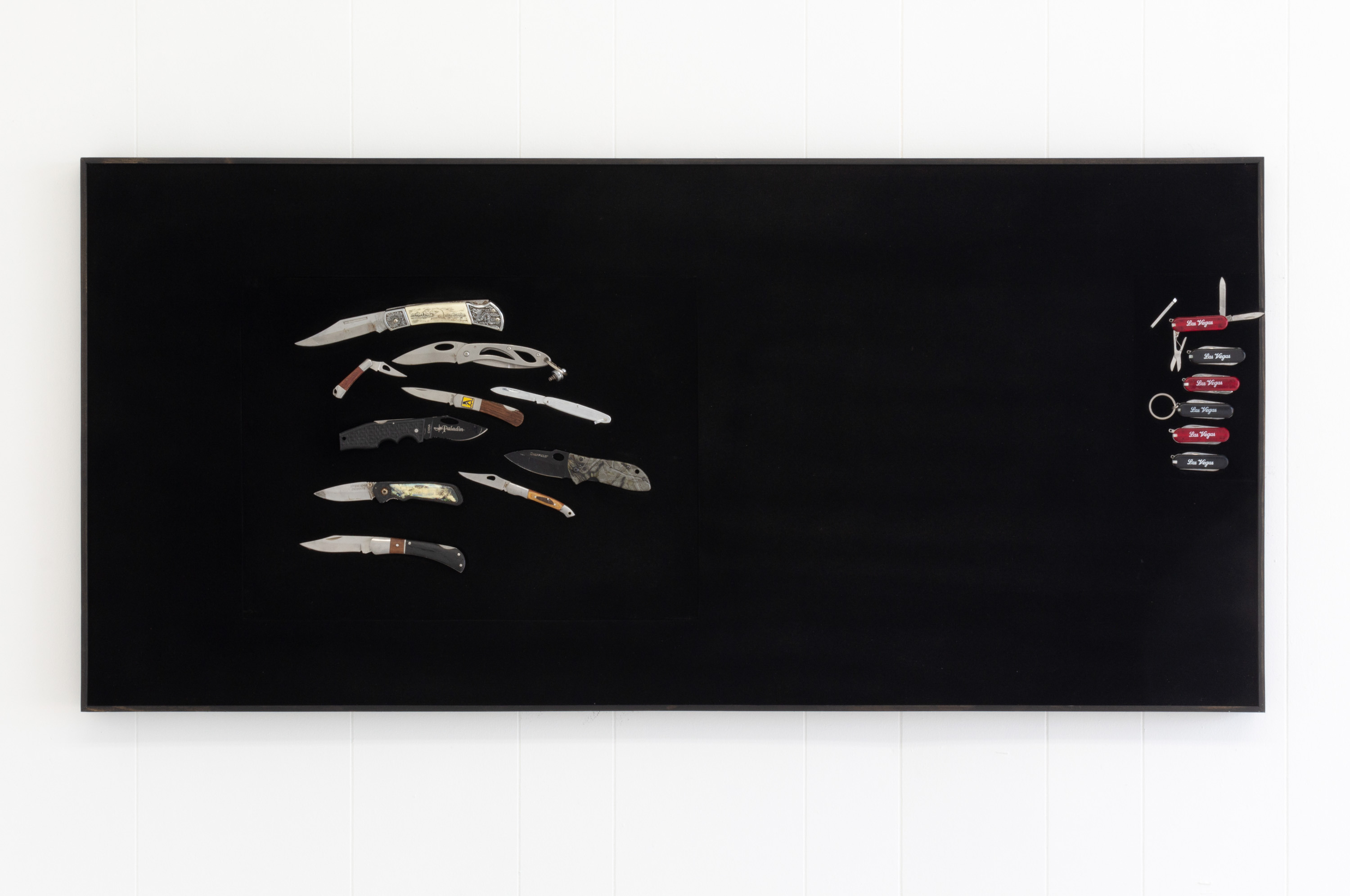
Jesse Robinson, 6 Black & RED Las Vegas Promo Multi Pocket Survival Knife KeyRing TSA and 10 ASSORTED KNIVES FISHING AIRPORT CONFISCATION LOT 629H, 2018, Confiscated knives, wood, epoxy putty, microfiber, and magnets, 48 x 24 x 1.5 in
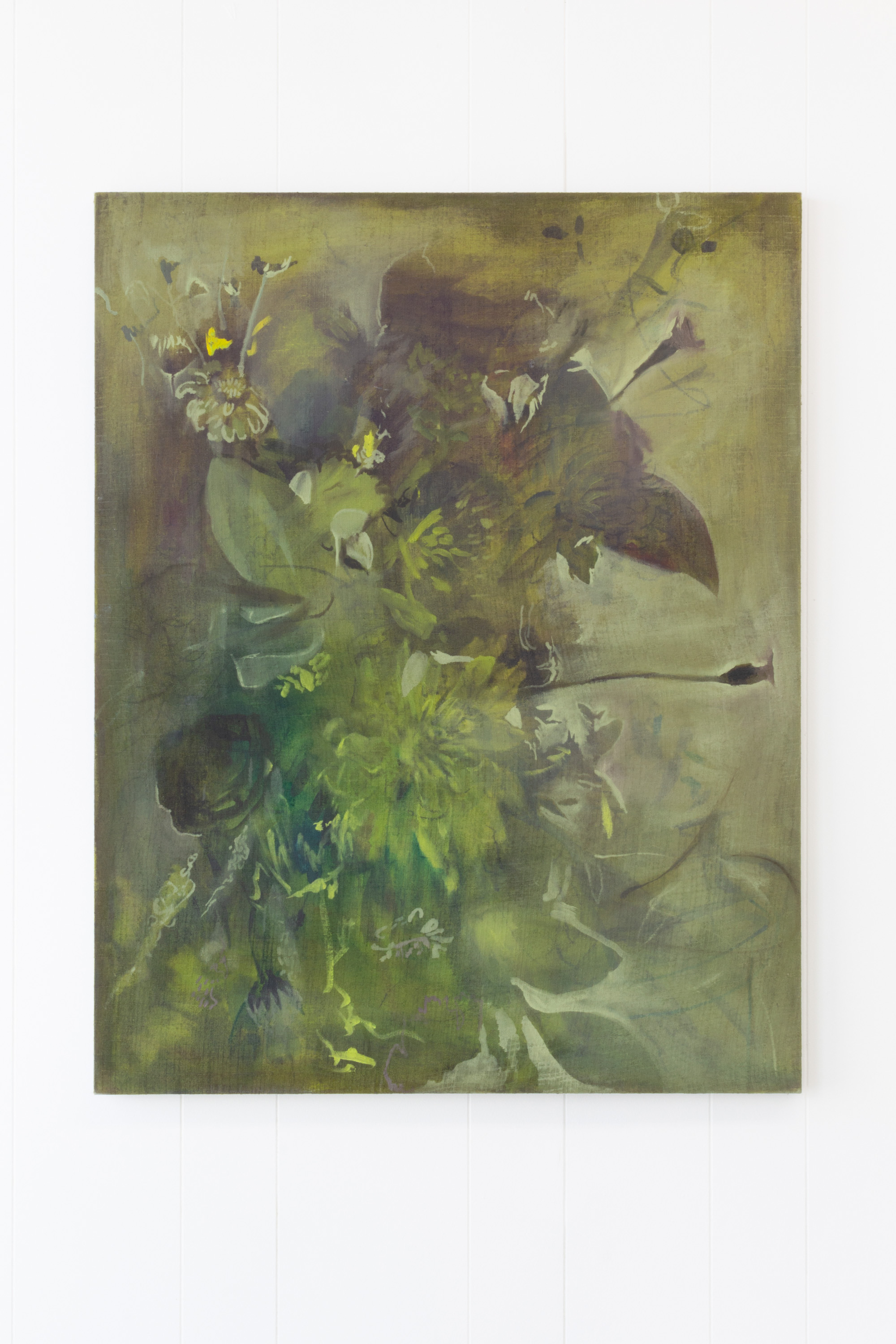
Taylor Augustine, Top Dressing, 2022, Oil on linen, 29 x 37 in
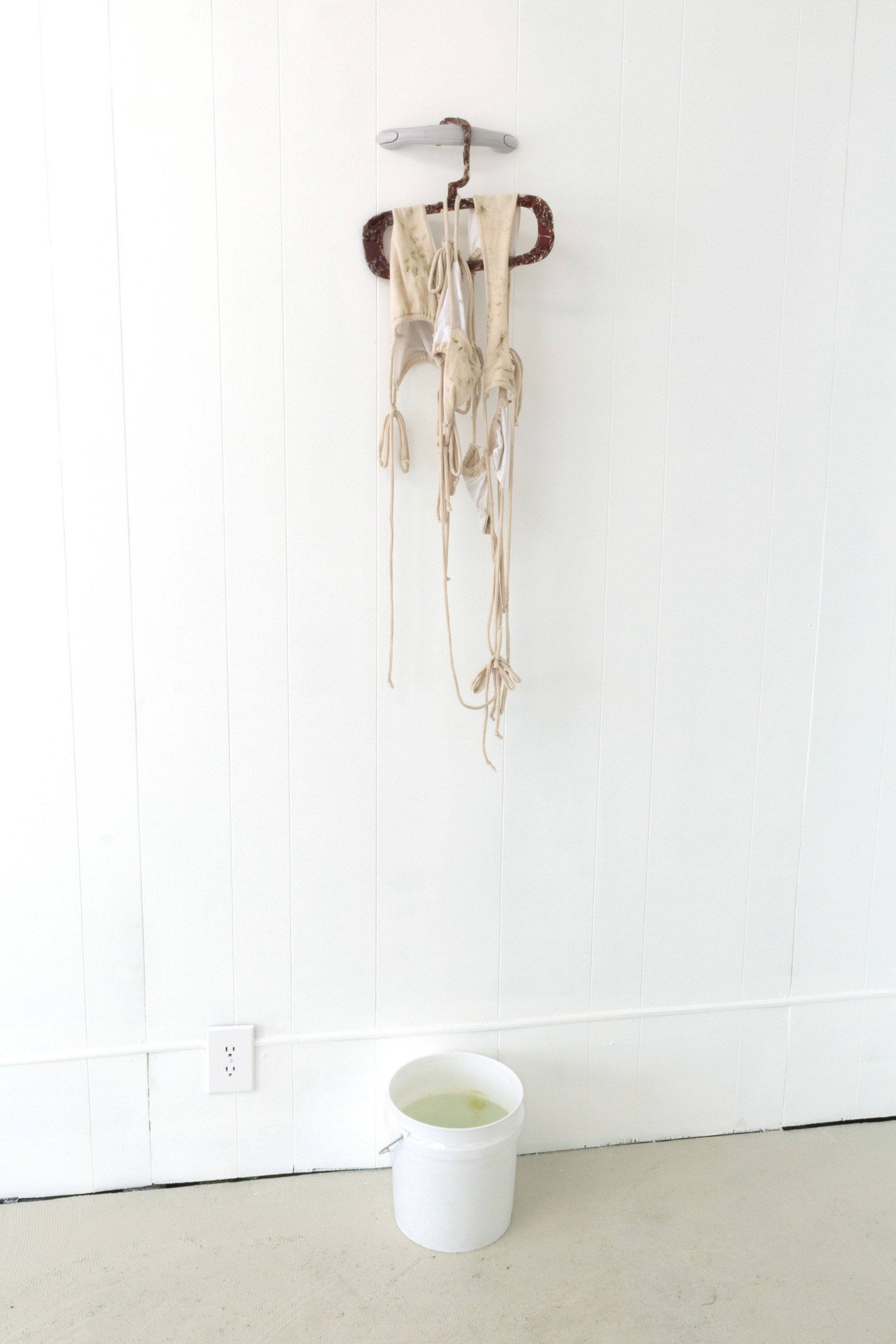
Maeve Coughlin, Untitled (airdry), 2022, Vinyl car grab handle, Jack Links jerky, resin, cotton jersey, grass, dirt, and lake water, Dimensions variable
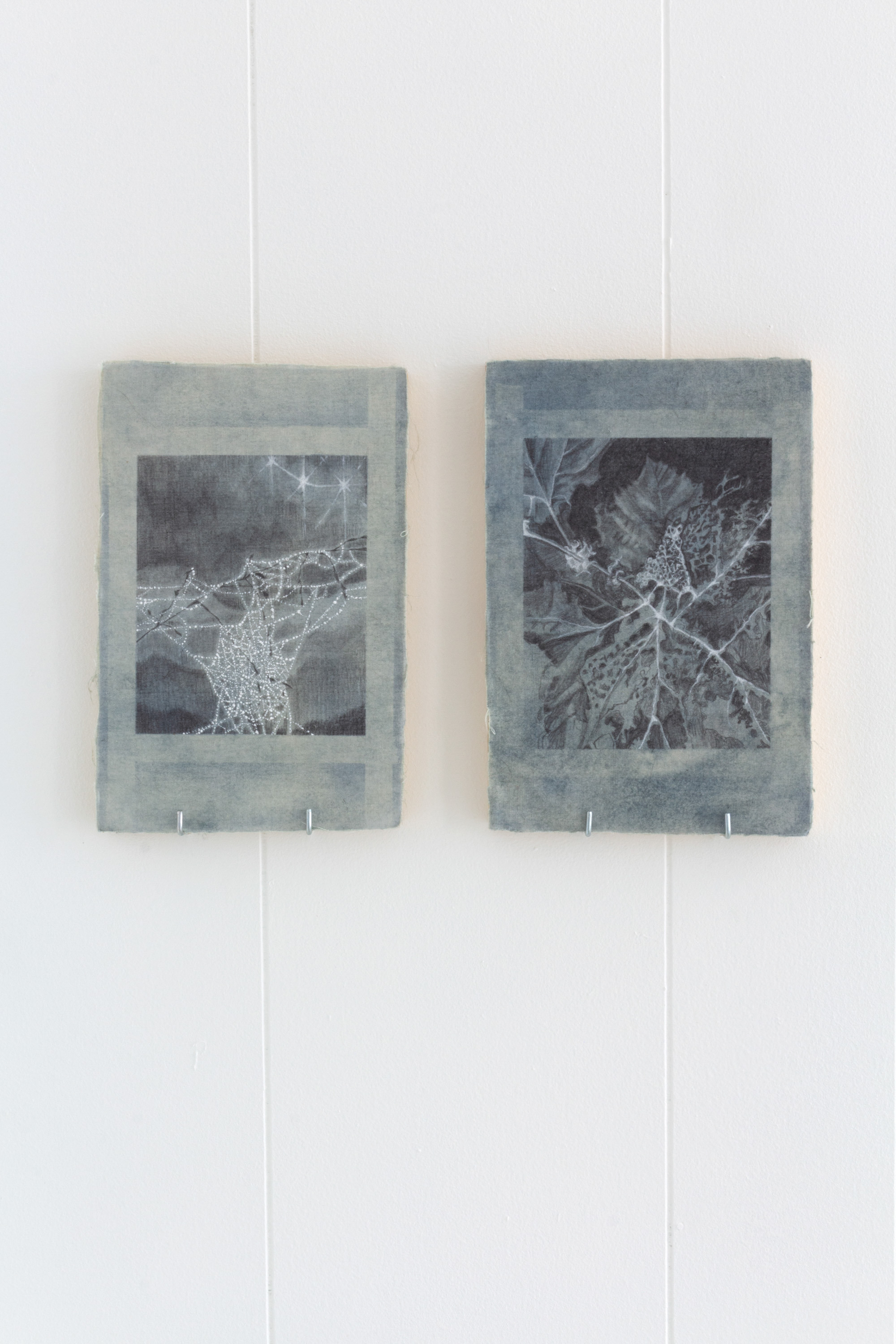
Ash Galka, river leaf study, 2022; spiderweb early early morning, 2022, Indigo dyed cotton and graphite on panel, 5.5 x 8 in each
A green belt is a buffer. It’s as inconspicuous as a highway median or as clear as an unobstructed horizon line.
Traditionally, a green belt is an area of land that surrounds and restricts the unfettered expansion of urban development. However, this exhibition does not necessarily engage with the practical implementation or efficacy of these common (and sometimes contested) elements of city planning and land preservation. Instead, it explores the inherent tension that these areas represent between urban, suburban, and rural, and engages a theoretical space in which one can focus upon the potency and emotional forgiveness that a rural environment provides.
The works in this show, their material components and histories, and the objects which they depict also function as symbols inherently bound to these artists’ existence within the natural environment. Some artists emphatically embrace their personal connection to various landscapes, while others explore issues of privacy, autonomy, and comfort, treating rurality as an escape from the overbearing surveillance of urbanity.
In only representing human figures fragmentarily or not at all, these works call to mind the “leave no trace” ideology that is expected of visitors within a protected landscape. It is interesting to consider, then, that green belts themselves are essentially and paradoxically created through human intervention, whether by means of construction or destruction. All of these works similarly bear the inevitable traces of interaction between humans and nature.
Many consider not only the emotions and behaviors that come with inhabiting or exploring a rural area, but also the complicated trajectories by which one arrives in these spaces. Gestures as innocuous as footsteps tamped into grass or wildflowers picked from the ground are presented along with physical symbols and acts of demarcation such as road-building and colonial surveying.
